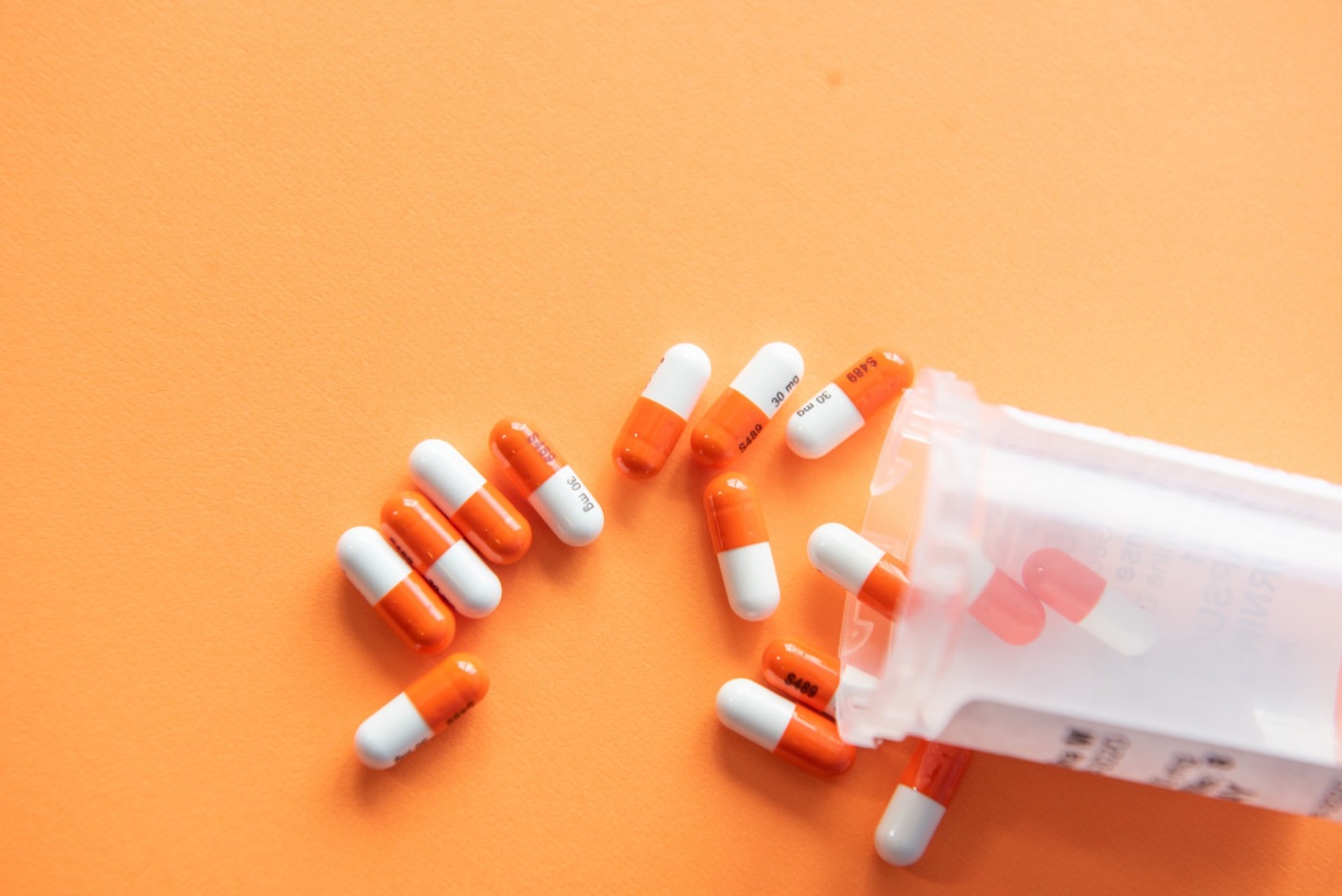Are upcoming MDMA-based therapies a safe and effective form of PTSD treatment?
Methylenedioxymethamphetamine (MDMA) may be approved as a form of treatment for patients with severe post-traumatic stress disorder (PTSD), making it the latest drug that may be legalised for medical use. It is currently placed in Schedule I of the Controlled Substances Act, which includes drugs of high abuse potential with no recognised medical use, and is therefore banned. However, MDMA wouldn’t be the first drug to be legalised for medical use in the 21st century.
The use of cannabis to treat mental health issues (such as anxiety and depression) has become more mainstream over the last decade, especially in the United States. Although evidence is mixed over the drug’s success rate, it’s more accessible than pharmaceutical medications and one study conducted in Canada found it has been used as a substitute for prescription drugs by 63% of people. Additionally, the use of cannabis to treat physical conditions (including epilepsy, chronic pain, and Alzheimer’s among many others) has transformed it from an illegal drug to the latest ‘miracle cure’ prescribed by US healthcare practitioners. But could MDMA be the next to follow in its footsteps?
There is strong evidence the drug is successful in treating complicated mental health problems
There is strong evidence the drug is successful in treating complicated mental health problems. MDMA therapy has been proven to have positive results when treating PTSD, making patients twice as likely to recover, and is more beneficial than the use of medical cannabis.
Non-profit organisation Multidisciplinary Association for Psychedelic Studies (MAPS) has spent nearly 40 years researching the use of MDMA coupled with psychotherapy as a viable treatment for PTSD. The use of MDMA dampens the fight-or-flight response associated with PTSD, allowing patients to revisit and process traumatising events with fewer negative side effects. Founder Rick Doblin is confident the United States Food and Drug Administration (FDA) will approve the revolutionary therapy and says large-scale trials have produced “great results”.
Research into the use of MDMA and lysergic acid diethylamide (LSD) to treat psychiatric conditions was previously undertaken in the 1960s, prior to the drug being banned in 1986 as part of the ‘War on Drugs’. It was categorised as having no medical-use because MDA (a related compound of MDMA) induced serotonergic nerve terminal degeneration in rat brains at frequent high doses. The banning of MDMA was controversial, with the US Drug Enforcement Agency (DEA) acting against the recommendation of the administrative law judge and disregarding opposition from the medical profession. Critics argue MDMA’s medical benefits were ignored.
There has been a positive global shift towards the use of psychedelics: Australia recently legalised the use of MDMA for treatment-resistant depression, as well as PTSD, and the drug can now be prescribed by authorised psychiatrists. Psilocybin and MDMA will be used therapeutically in a controlled medical setting, as unsupervised use may make patients vulnerable, which can be dangerous without support present. Doblin also envisions psychedelics being used safely and legally under the guidance of therapists in treatment centres.
It may open the door for other psychedelics to be used in mental health treatment, such as ketamine, ayahuasca, and LSD
If MDMA therapy is approved, it may open the door for other psychedelics to be used in mental health treatment, such as ketamine, ayahuasca, and LSD. It could also be beneficial for treating other psychiatric illnesses, as MDMA releases both serotonin and dopamine: the former hormone plays a role in the development of anxiety disorders, obsessive-compulsive disorder (OCD), and phobias, while the latter is linked to schizophrenia and psychosis. Both play a role in depression, which is why Australia is now using it for treatment-resistant cases.
However, Doblin has concerns the therapeutic element of treatment might be lost in the process of regulation. In trials, the drug was administered by a pair of MAPS-trained therapists who guide the participant’s experience. The FDA would only be responsible for regulating the drug itself, not the accompanying psychotherapy necessary for the therapy to be successful. Doblin says highly trained therapists need to use guided-therapy alongside medicinal MDMA to treat PTSD and this should be made clear when regulating the drug.
As with all psychiatric treatments, MDMA therapy won’t be a ‘one size fits all’ response to PTSD. Different patients benefit from different kinds of treatment, particularly when it comes to trauma-based disorders, and some may not respond well to MDMA. Others may not want to take psychedelics as part of therapy. But it’s important the option is made available to patients who want to participate in MDMA therapy, especially those who have long-term or highly resistant psychiatric disorders. If legalised, MDMA has the potential to become a successful drug for treating mental illnesses and will transform the way we view psychodelic agents.

Comments